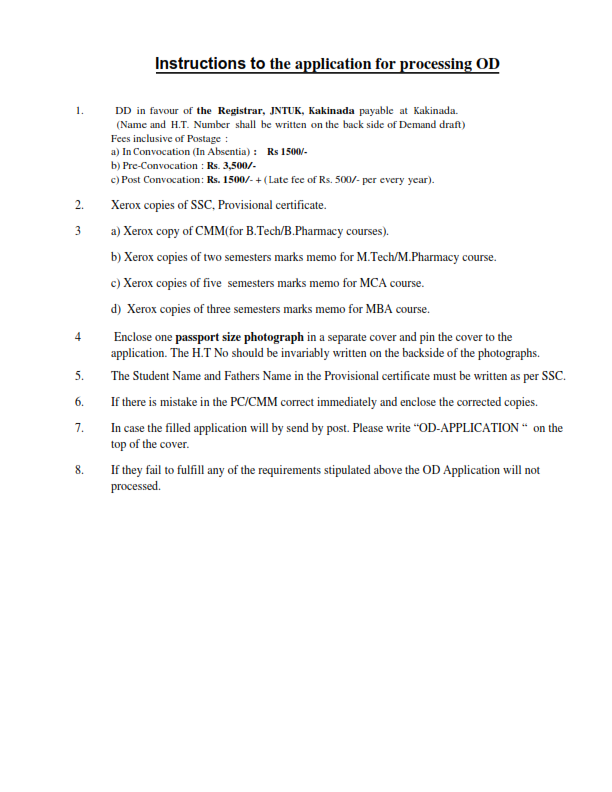JAVA Real Time Job Oriented Programme
Cource Details :
1.
Introduction to Java
a.
What is java and its features.
b.
Comparison of java with other
programming languages
c.
Features of java
2.
OOPS and its features
a.
Definition and deep understanding of
Encapsulation, Polymorphism, Inheritance, Abstraction
b.
Real time usage of OOPS in the
projects.
c.
How OOPS features are interrelated
to each other.
3.
Packages and Its importance
4.
Abstract class and interface
a.
What is abstract class and
interface.
b.
How both are related to each other.
c.
what is its importance and usage in
real time usage in the projects.
5.
Data types and String
a.
Different data types available in
java.
b.
Why string is special data type in
java.
c.
Difference between string,
StringBuilder and StringBuffer.
d.
Where we will use StringBuilder and
StringBuffer in applications.
6.
Exception Handling
a.
What is exception and error.
b.
How exception handling works in
applications.
7.
Collections
a.
What is an array and why going for
collections.
b.
Different types of collections
available in java.
c.
Usage of collections in real time
applications.
8.
Multithreading
a.
What is thread and thread creations.
b.
Thread life cycle.
c.
Synchronization
9.
Other topics in core java
a.
Wrapper classes.
b.
Inner classes.
c.
Files
d.
IO streams.
e.
Serialization
f.
Keywords in java
g.
Access modifiers and specifiers.
10.
All features of jdk 1.4,1.5,1.6,1.7,1.8
differences
11.
Experienced interview question on real
time scenerios
Adv Java
1.
JDBC
a.
Introduction to JDBC
b.
Architecture of JDBC
c.
Types of drivers
d.
Types of statements
e.
Types of ResultSet
2.
Queries with all joins and interview
related questions
3.
Servlets & Jsps with real time
scenerios
4.
Filters
5.
Session handling mechanisms
6.
All interview questions on adv java
Hibernate
1.
What is ORM.
2.
Comparison between Hibernate and
JDBC.
3.
Hibernate architecture.
4.
Crud operations in hibernate.
5.
Hibernate Query Language(HQL).
6.
Hibernate annotations.
7.
Relations – One to One, One to Many,
Many to One, Many to Many.
8.
First level caching and Second level
caching
9.
All interview questions on hibernate
Spring
1.
Spring Core concepts
a.
Spring IOC.
b.
Dependency injection.
c.
Different types of injections (Setter
and Constructor).
d.
Bean scopes.
2.
Introduction to MVC.
3.
Deep learning of MVC.
4.
Spring annotations (Spring 3.0 and
4.0).
5.
Spring MVC over other MVC
frameworks.
a.
Controllers.
b.
Different components in MVC.
c.
Different types of interceptors
d.
Validations.
e.
Tiles/ Layouts in spring
f.
Spring form tags
g.
Internationalization(I18N)
h.
Practical
coding in Spring MVC
6.
Spring
ORM
a.
Integration
with Hibernate.
b.
Hibernate
Template
c.
Hibernate
Template vs JDBC Template
7. Spring Security
a. Introduction
b. Generating custom login page
c.
Validating
login page with more than two fields and captcha validation.
8. Spring Boot
a. Introduction
b. Locating main application
class
c.
Servlet
container support
d. Spring boot vs Spring MVC
e. Practical examples in Spring
boot
9. Other components in Spring
a. Spring AOP
b. Spring Transactions
c.
Spring
JDBC
10. All Interview question s on Spring
Tools
1.
Eclipse
2.
MYSQL/Oracle
3.
Tomcat
4.
Maven
5.
SVN/GIT
6.
JIRA
Project and real-time activities
1.
Real time activities
a.
Environment setup
b.
Day to day activities
c.
Code set up into local
environment(local system)
d.
Requirement gathering
e.
Introduction to clients
f.
Replying to project mails.
g.
Communication to managers and team
leaders.
2.
Project
a.
Introduction to Project use
case(Differ to each student)
b.
Developing real time application by
combining all technologies.
c.
How handle real time concepts like
exception handling, log4j, interfaces, abstract class etc.
d.
Process of code commit and check
out.
e.
Deployment of applications on server
like Apache,Weblogic servers
3.
Face to face interviews with real time
developers to enhance your knowledge
4.
Best practices with Realtime scenerios.
Please contact for more info
RR TECHNO’S
BY REAL TIME EXPERIENCED DEVELOPERS


Comments
Post a Comment